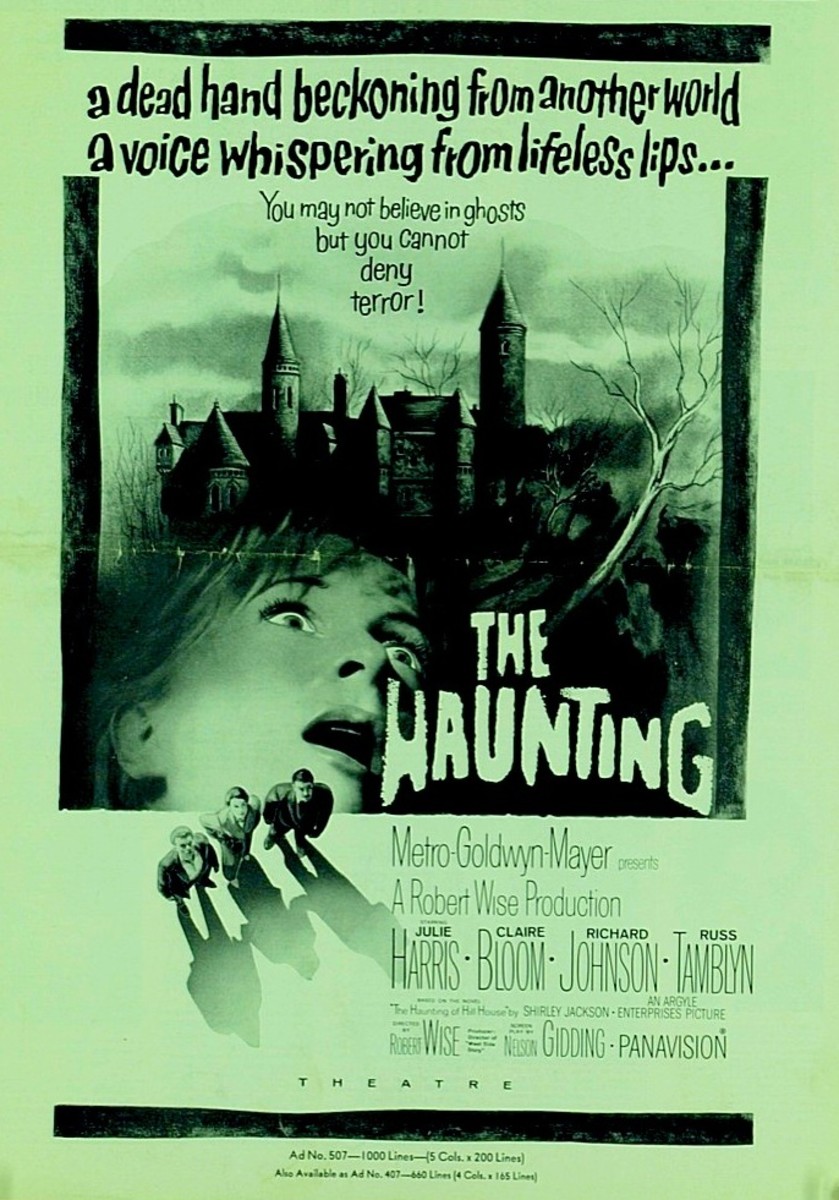RoadHazard
Gold Member
Heart-stopping is death.
Brain dies your body is still alive. That's how organ donations are possible in the first place.
That might be the traditional way of determining whether or not someone is dead, but I strongly disagree with it. A person is alive as long as the brain is working. That's where everything that makes that person a person is. The heart is just a muscle that pumps blood to keep the brain (and other body parts) going, and there's really no reason to say that the person is "dead" the moment that pumping stops. A person whose heart stops and is then restarted before the brain dies was never dead, IMO.





